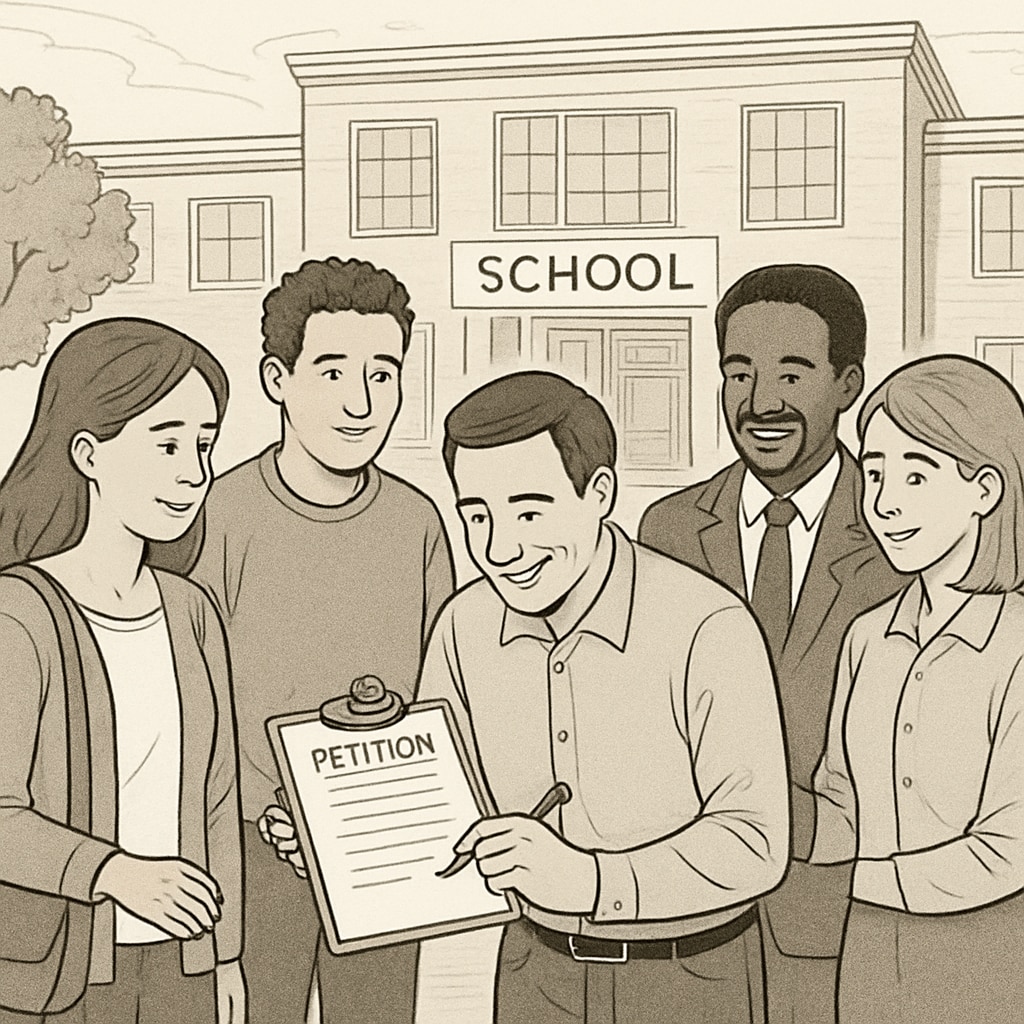When a member of a school board is found to have a history of child abuse, it raises serious concerns about student safety and the integrity of educational leadership. Communities must act swiftly to address such situations to ensure that schools remain spaces free from harm and misconduct. This article outlines practical strategies for parents and concerned citizens to deal with school board members whose past actions are at odds with the ethical standards required for overseeing educational institutions.

Understanding the Impact of Abuse History in School Leadership
The presence of individuals with a history of abuse on a school board undermines trust and compromises the well-being of students. Such revelations often shock communities and demand immediate action. Abuse in any form, particularly involving children, creates lasting trauma and raises questions about accountability within educational systems.
To address this challenge, it is crucial to understand how these situations arise. School boards typically consist of elected or appointed members, meaning background checks may not always be thorough. This gap in oversight can allow individuals with troubling histories to assume positions of power. Communities must ensure that proper vetting processes are implemented and maintained.
Steps Communities Can Take to Protect Students
Dealing with a school board member with a history of abuse requires collective action from parents, educators, and community leaders. Here are some key steps:
- Demand transparency: Call for the disclosure of board members’ backgrounds and ensure that candidates for school board positions undergo comprehensive background checks.
- Organize community forums: Create opportunities for citizens to discuss concerns and propose solutions collaboratively.
- Petition for removal: If a board member’s history is incompatible with their role, initiate a petition to remove them from office. Research local laws and procedures for board member dismissal.
- Engage legal advisors: Seek professional legal advice to understand the rights of the community and the appropriate channels for action.
- Promote ethical leadership: Advocate for policies that prioritize ethical behavior and accountability in school governance.
The Role of Advocacy Groups and External Resources
Advocacy groups specializing in child welfare and educational ethics can provide valuable guidance in addressing such issues. For example, organizations like the Child Welfare Information Gateway offer resources on reporting abuse and ensuring child safety. Similarly, community members can seek support from educational associations that promote ethical standards in school leadership.
Additionally, leveraging external resources such as legal frameworks and professional mediators can help communities navigate complex situations effectively. These tools ensure that actions taken are not only impactful but also legally sound.

Preventing Future Incidents Through Policy Reform
Addressing past issues is vital, but communities must also focus on preventing similar situations in the future. Implementing robust policies such as mandatory background checks for all school board members, periodic reviews of their performance, and ethical training programs can significantly reduce risks.
Furthermore, empowering students and parents to report concerns without fear of retaliation fosters a culture of openness and accountability. School boards should establish clear channels for complaints and ensure that every report is taken seriously and acted upon promptly.
By prioritizing these reforms, communities can create a safer educational environment where students can thrive without fear of harm or misconduct.
Readability guidance: This article uses concise paragraphs, accessible language, and actionable steps to ensure clarity and engagement. Lists summarize key points, while external links provide additional resources.


